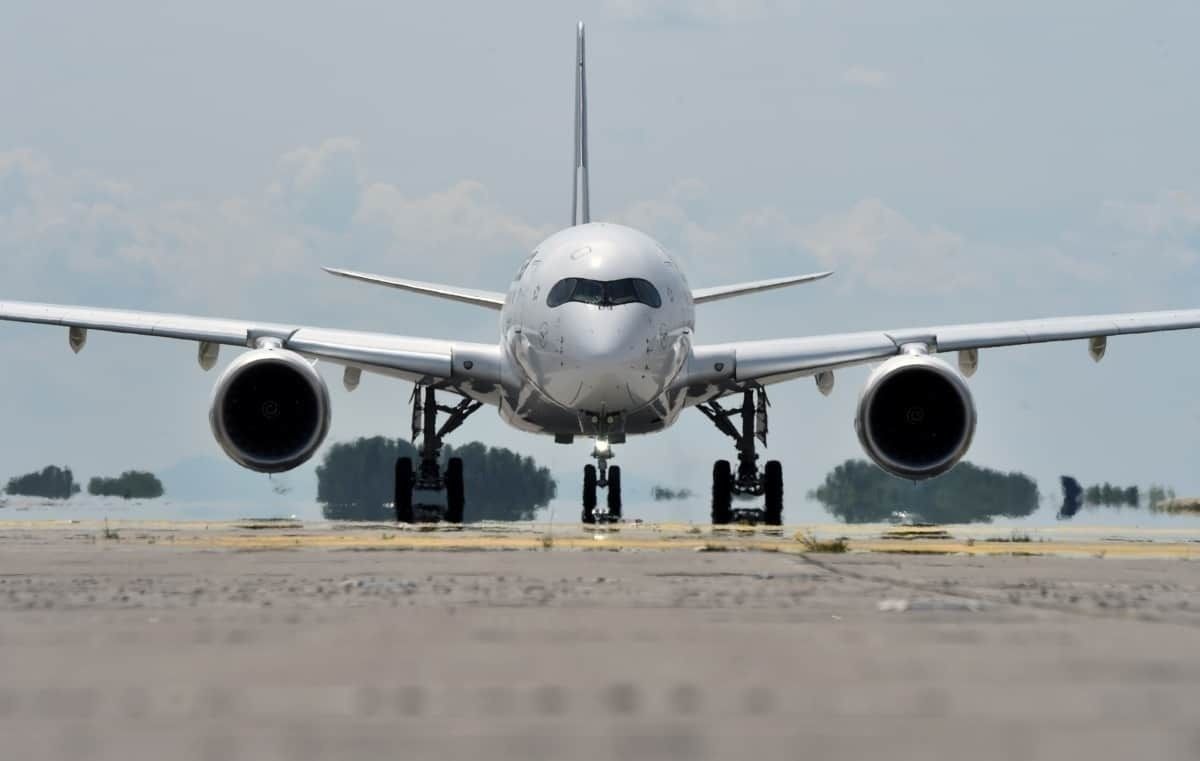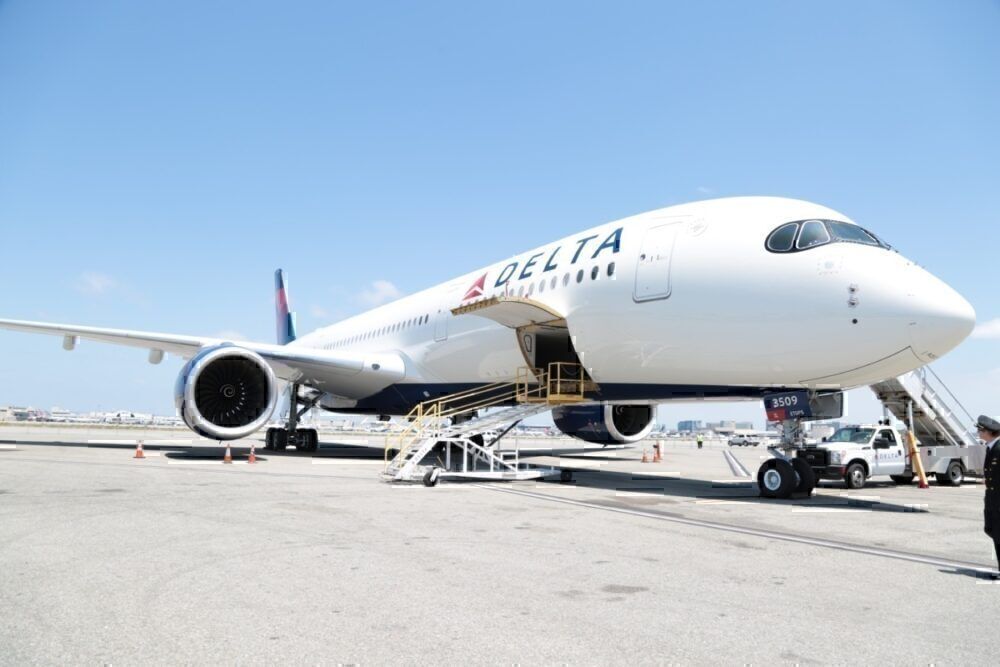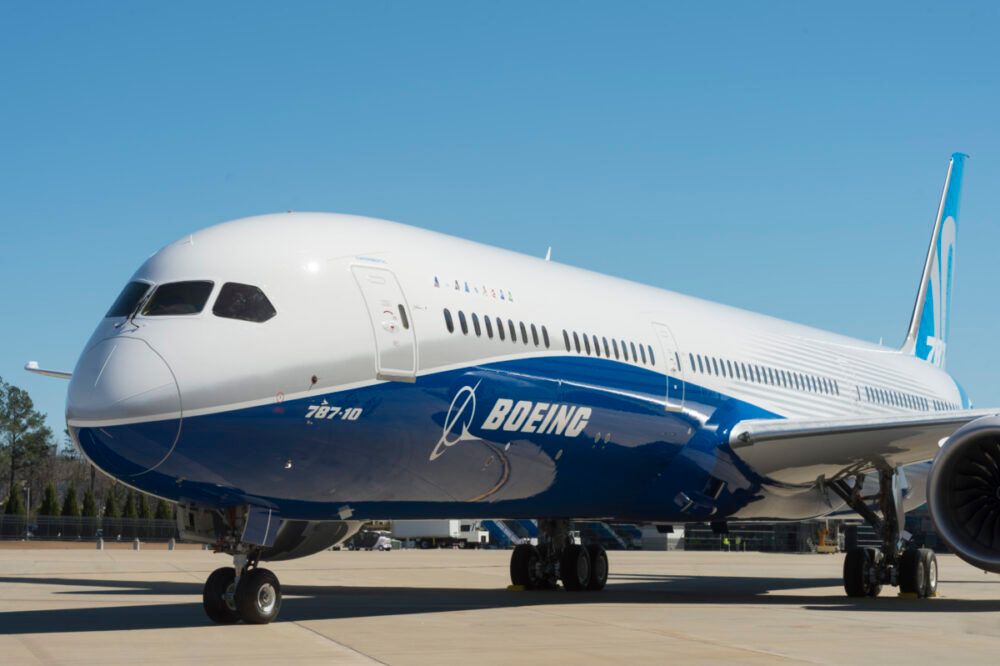Airbus has today taken what it calls the 'final step' to end the long-running dispute between the EU and the US over illegal state subsidies to planemakers. Both Airbus and Boeing were found to be in breach of the rules by the World Trade Organization (WTO), and for 16 years have been embroiled in a trade war as a result. With an agreement to pay higher interest payments on loans from European governments, Airbus says it now considers itself to be in compliance.
Airbus is now in compliance
Airbus has today announced that it has reached an agreement with the Spanish and French governments to halt the transatlantic trade war over subsidies for aircraft developments. Following 16 years of disputes, it seems that the chapter could finally be closing on this long-running clash between the two planemakers.
Stay informed: Sign up for our daily aviation news digest.
In a landmark case, the World Trade Organization (WTO) had deemed Airbus to have received illegal government subsidies, while also determining Boeing had done the same. As a result, a transatlantic trade war had ensued, with the US slapping taxes on around $7.5bn worth of imported European goods late last year.
Now, Airbus says it has agreed to pay higher interest rates on loans it received to develop the A350 jet. The payments, to the French and Spanish governments, have not been revealed in detail, but the planemaker says it now considers itself to be compliant with the WTO requirements. In a statement today, CEO Guillaume Faury commented,
“We have fully complied with all the WTO requirements. These additional amendments to the A350 RLIs demonstrate that Airbus has left no stone unturned to find a way towards a solution. This is a clear signal of support to those who are suffering from the severe impact of the tariffs imposed by the USTR, especially at a time when industries are hard hit by the consequences of the COVID-19 crisis.”
If the WTO considers Airbus to have done enough, an escalation of the row could be avoided. Trade groups were braced for further conflict in the autumn when the EU was expected to get its own approval to raise tariffs on imported US goods in retaliation for the subsidies paid to Boeing.
Boeing considers itself in the clear too
Since the WTO decision in 2004, there has been continual back and forth between the US and EU regarding whether the planemakers have been able to comply. In May this year, the US claimed it was now fully in compliance, after a tax break that benefitted Boeing was removed by Washington state.
Both Airbus and Boeing will still require the two sides to come to an agreement, but both consider they have done enough to at least open the door to negotiations. The impact of the tariffs is being felt by a number of industries, from food producers to whiskey distillers, and all eyes have been on the planemakers to put an end to the dispute.
Putting the issue to bed will be beneficial for the two OEMs also. Airlines that order planes from across the pond on both sides were bracing to be stung by the tariff hikes, something Airbus said was "adding to a very difficult environment as a consequence of the COVID-19 crisis."
With any luck, this long-running and harmful dispute could finally be coming to an end.



